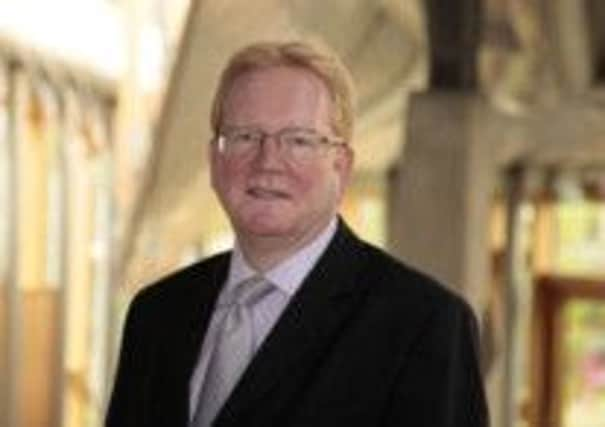Scottish female cancer deaths at 7-year high


The Scottish Government is being urged to “redouble” its efforts to reverse the upward trend on the cancers.
It has also been told to consider carrying out more screening at weekends and evenings to ensure as many women as possible who are eligible are screened.
Advertisement
Hide AdAdvertisement
Hide AdLatest official figures show 1,063 women died of breast cancer in 2011, the highest rate since 2006. And cervical cancer deaths reached 112 in 2012 – the highest level since 2005.
Ministers insist cancer is a “top clinical priority” and point to a range of measures which have been undertaken to minimise the rise in cases.
Breast cancer deaths last year were up by 27 on those who died of the illness in 2011, but down from a high of 1,144 in 2005. A small number of men have also lost their lives to breast cancer over the years.
The total of 112 cervical cancer mortalities in 2012 was up four on the 108 deaths the previous year, but down from the 127 people who died of the illness in 2005.
The Scottish Conservatives said that while “laudable progress” had been made on awareness in relation to both cancers over the years, the NHS and Scottish Government should not become complacent.
Screening for the cancers had struggled to meet target levels, the party said. An extension of the hours in which women could be screened to fit in with their work and personal lives is being called for.
Tory deputy leader Jackson Carlaw, said: “Terrific work has been done over the years by charities and the NHS to raise awareness around these two potentially deadly diseases.
“But it’s important that we don’t allow complacency to creep in. We can see from these statistics that, in both breast cancer and cervical cancer mortality rates, the numbers are beginning to rise again.
Advertisement
Hide AdAdvertisement
Hide Ad“It’s important we redouble our efforts, particularly around screening, to make sure we can return to the downward trend.
“It would be extremely regrettable if decades of hard work were allowed to slip.”
But the government insists measures are in place – including efforts to cut obesity, plain packaging for tobacco and minimum pricing to cut all alcohol abuse, all of which are believed to contribute to cancer.
A Scottish Government spokeswoman said: “Cancer is a top clinical priority for the government and NHS Scotland. We are committed to earlier detection and improving outcomes.”
She said cancer services had improved significantly over the past few year.
“In relation to cervical cancer, NHS boards continue to work on local initiatives to increase the uptake in screening and take every opportunity to reinforce the importance of attending cervical screening,” she added.
“The incidence of cervical cancer has decreased by 42 per cent since the introduction of the screening programme in 1988.”